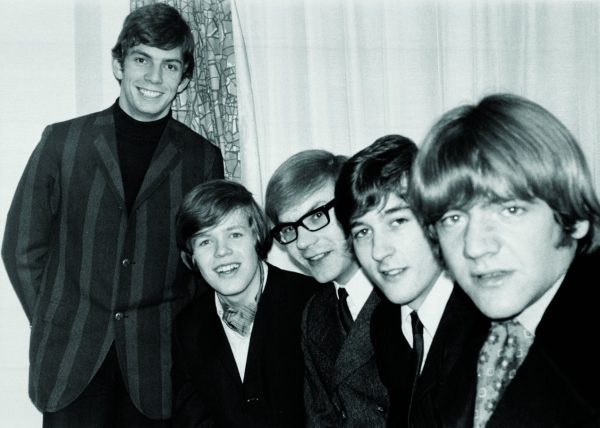Thoughts on self-medication
“Hi, my name’s Rebekah, and I self medicate.
“ Cue: “Hi, Rebekah.”
I would consider myself a person who self-medicates to get through the day.
Self-medicating is using a substance of your choice and of your own free will to help you cope with difficult situations, such as anxiety or depression. There are many healthy ways to manage stress and depression, such as doing yoga, coloring or mindfulness exercises, but there are just as many negative ways to cope.
After consuming a copious amount of caffeine and wine at the end of last semester, I decided to do some research to find out why students, myself included, cope with stress by using substances that can harm us in the long run.
According to the American Addiction Center (AAC), at least 1 in 10 people over the age of 12 self-medicate with drugs or alcohol. The AAC also says that individuals will often turn to “mind-altering substances for relief” of extreme stress. Some of the long-term affects self-medicating can cause include health problems, damaged relationships and overall poor coping mechanisms.
If those long-term affects of selfmedicating aren’t scary enough, consider that 400 college counseling offices from all over the country said that anxiety is the “top presenting concern,” with 41.6 percent of students suffering from the mental illness in the 2012 Association for University and College Counseling Center Directors Annual Survey.
Surprisingly enough, there was minimal information that I could find on the subject of self medication and college students.
Why do we do it? Why do we take the risk of getting caught, making bad grades, damaging relationships and getting sick to avoid a situation? Is the anxiety on college campuses really that strong, or is our self-medication mainly related to peer pressure and partying? I drink too much coffee and wine because I think that’s what culture tells us to do when we’re stressed. Events such as Happy Hours support the idea of getting a drink after a long, hard day at work.
I’m not likely to stop drinking coffee or alcohol any time soon, but for the sake of curiosity, it’d be cool to know.
On a more serious note, if you or somebody you know struggles with selfmedicating, there are options available to those who need to receive help. FMU’s Counseling and Testing Center can offer advice and one-on-one help in the Education Foundation Building. The counselors can provide confidential consultations to assess each case and determine the best course of action. For off-campus help, The Clean Slate Addiction website has blogs and advice for recognizing and stopping self-medication. There are also several addiction hotlines. The Substance Abuse and Mental Health Services Administration has a 24/7 hotline, 1-800- 662-HELP (4357).
To some extent, using drugs and alcohol to cope with stress is our culture, but they’re two substances that can get out of hand quickly. There are avenues for more research, but more importantly, there are avenues to get help.




